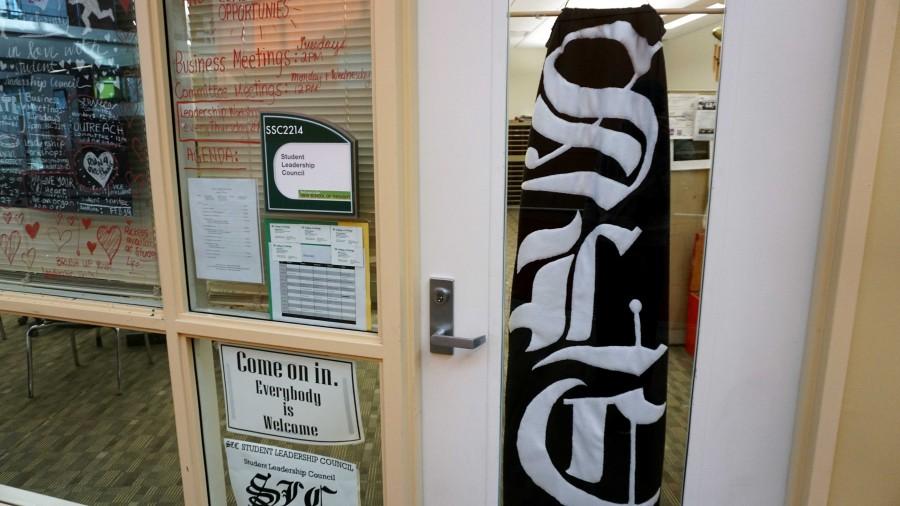Say what they want to say
Student leaders need more voice, better platform
We have a Student Leadership Council, or SLC for short, here at College of DuPage. If this is news to you, you are not alone. Many students are unaware of its existence. On March 17 and 18, we will be electing new student officials to represent our student body and give us a voice in decision-making. Last year however, only about 500 out of the nearly 30,000 students at COD voted, barely 2 percent of the student population.
It isn’t necessarily shocking that the large majority of students don’t vote in the election. Aside from a lack of publicity, some students might not care or even know about the SLC. Why? Because the elected student officials are given next to no impactful voice.
Take, for example, Student Trustee Omar Escamilla. He was named a Certified Student Leader at the National Center for Student Leadership Conference, and consistently voices opinions at board of trustees meetings. Just to qualify as a student trustee, Escamilla needed eight credit hours with a minimum 2.0 GPA, and is required to attend every board meeting, workshop, and retreat on top of many other college functions. For his dedication, he is allowed a vote in decisions along with other board of trustee members. The catch is that his vote doesn’t count. He can state his ideas and express his opinions, but the point seems moot when no one listens.
We can never know for sure what goes on behind closed doors with the board and Escamilla. It could be very civil and professional, with everyone respecting each other’s ideas and taking into account Escamilla as a valid voice of the student body. However, by the way the trustees drown out other members’ opinions in their monthly meetings, we can infer that he, merely a student, doesn’t get much say either.
Meanwhile, Escamilla isn’t the only student official who deserves more responsibility than he’s given. The other members of the Student Leadership Council, including the student trustee, student body president, and student body vice president, are also cut short of the impact they should be making. SLC’s official mission statement states that it “facilitates values-based opportunities for leadership development to enhance citizenship at our college and in our communities.” While this sounds like a noble cause, what it really means is that COD gives good students the opportunity to learn to be leaders to make our college and community better. Nowhere in the mission statement does it state what sort of leading these students will actually be allowed to do.
SLC states under its vision that the elected officials will collaborate with the college and provide service and representation, yet it’s still blurry as to what that really means. As far as we can tell, SLC holds meetings where these bright, educated, thoughtful, and innovative students can come together, discuss ways to improve the college, and then have no real platform to campaign their ideas.
This is a tricky issue to address, mostly because it involves the persuasion of the board of trustees and administration to make a change during a time when they already have more on their plate than they can swallow. Despite this, the vote of a student trustee could greatly impact future decisions of the college, actually benefitting students and board members alike. Until that day comes, there are other ways to give student officials the voice they need. The obvious solution is to give them a bigger and better platform. Give them more interviews, speeches, and meetings with college officials that are laser-focused on what the students want to implement. And no, that isn’t the same thing as Pizza with the President. These students worked hard and continue to work hard to hold their positions. The least we can do is hear them out.
This isn’t a battle of students versus college. It isn’t a battle at all. But it is clear that SLC is not given credit where credit is due, by both school officials and students. COD needs to offer more opportunities for student leaders to not only learn about leadership, but also implement it. Students need to be more aware and concerned about what goes on with our student officials in order to help them represent us better. With support on both sides, our student leaders can finally influence the school the way they deserve to.






